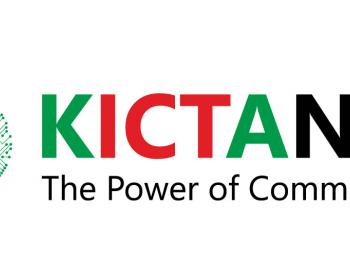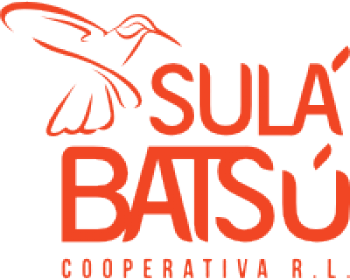Access to information
Advisory Council Approves Right to Information Ordinance,2008 Dhaka, Sept 20
Freedom of access to information in South Asia Muhammad Zamir
Bangladesh NGOs Network for Radio and Communication (BNNRC) along with other like-minded organizations has been conducting advocacy with the Government for community radio in Bangladesh since its ince
Community Radio has a very special place in BNNRC’s intervention.
PROTEGE QV will join the rest of the world over to celebrate the Software Freedom Day 2008 taking place on September 20 2008. The innovation in this year’s free and open source software activities in Yaounde, Cameroon, is that they will be help in an open air setting.
CC licenseClick here to watch the Identifying the Information Commons sampler from Day 01 and that of Day 02 of the iCommons iSummit. The excerpt was produced and put together by APC.au’s Andrew Garton. APC’s Australian member ison the ground in Japan to offer the world a glimpse of what the iSummit 08 is about and to produce the joint APC and iCommons micro-documentary, Nailing the Commons...
iSummit 08 PosterOn July 29, free thinkers and open culture activists from around the world gathered on Hokkaidō island, Japan. What is so free and open about this venue, traditionally inhabited by the Ainu People? The fourth edition of the global ICommons ISummit, reply those converging on the island’s city, Sapporo. The summit is set to “grow the commons” until August 1 and...
As new copyright laws attempt to keep pace with the shifting landscape of digital cultural production, legal restrictions on media use and distribution are being championed by heavyweights in the global media industry. This has led to the web of restrictions on media consumption becoming denser. Civil society network APC hopes to re-shape the discourse surrounding piracy by providing a thorough...
The Kenya ICT Action Network (KICTANet) is a multistakeholder platform for people and institutions interested in information and communications technology (ICT) policy and regulation. It was established in 2003 as part of APC's project on Catalysing Access to ICTs in Africa (CATIA). The network seeks to act as a catalyst for reform in the ICT sector in support of the national aim of ICT-ena...
Sulá Batsú is a cooperative, founded in 2005, based on solidarity economy. It aims to encourage and strengthen local development by working with organisations, social enterprises, community networks and social movements at the national, regional and global level. Sulá Batsú approaches this goal through different lines of work: digital technologies, art and culture, m...

Association for Progressive Communications (APC) 2022
Unless otherwise stated, content on the APC website is licensed under Creative Commons Attribution 4.0 International (CC BY 4.0)





